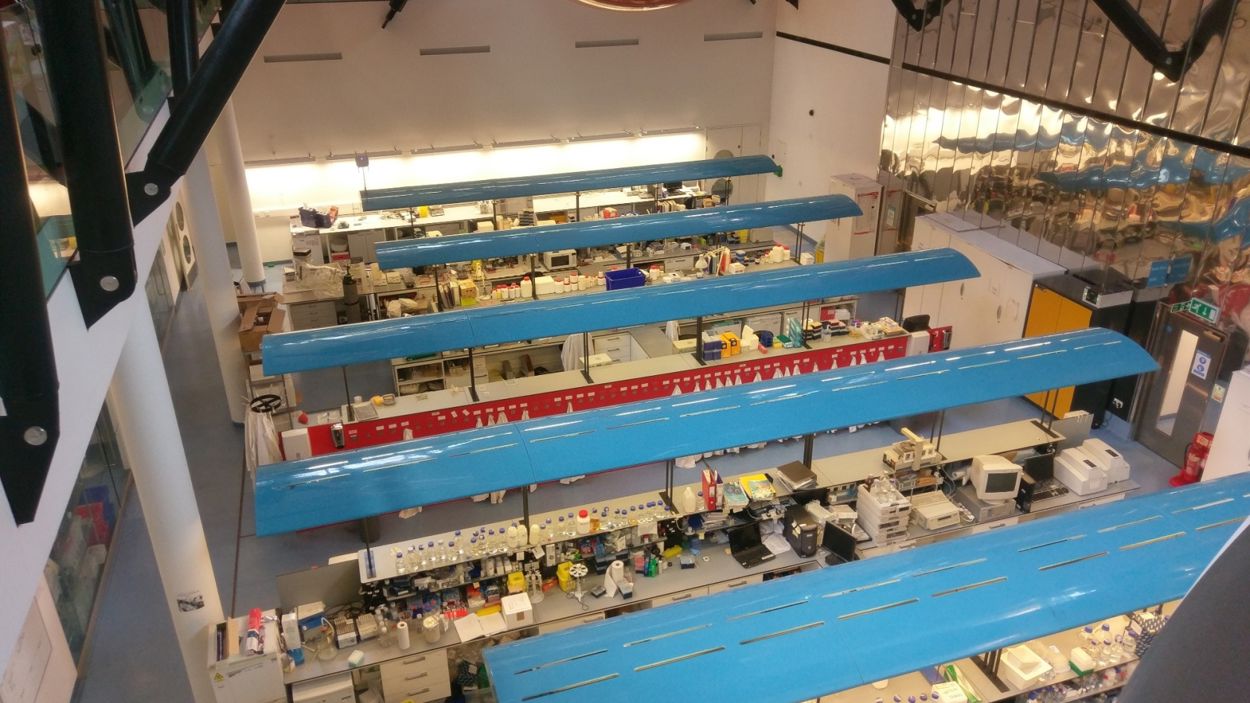For the latest information on the outcomes of the work CICRA performs, please click below to view our Impact Report for 2023, 2024 and 2025.
Alternatively, keep reading for details of the outcomes delivered since CICRA was formed
Prior to the 1970’s, when the first children were diagnosed with Inflammatory Bowel Disease (IBD), this was considered to be a condition affecting adults only. The parents of these children, all with Crohn’s disease, formed the Crohn’s in Childhood Research Association (CICRA) with the help and advice of the doctor caring for them, Professor John Walker-Smith, our mentor and now Life President of CICRA. Since then over £10million has been raised and invested in funding good quality research. Various schemes were formed, the first to fund a Training Fellowship for qualified doctors wanting to specialise in Paediatric Gastroenterology. Since then CICRA has been a driving force in the development of paediatric gastroenterology, as a sub-speciality of paediatrics in the UK.
outcomes of our work
- Since 1978 CICRA has funded: 26 Training/Research Fellowships, 28 PhD studentships and over 60 Research Projects.
- Many leading consultant paediatric gastroenterologists treating children over the last 45 years have had their 3 year training through the CICRA Fellowship Scheme and are now Professors training a new generation of doctors under the same CICRA funding scheme, meaning a continuation of specialist care and scientific research.
- CICRA has funded 28 - three year PhD Studentships researching IBD. Most of these young scientists have continued researching IBD as a career choice
- In 1982,CICRA set up the first paediatric gastroenterology laboratory in the UK at St. Bartholomew’s Hospital in London. Recognised worldwide for its excellence this laboratory is now based in state of the art facilities at the Blizard Institute at the Royal London Hospital in Whitechapel.
- Over 60 research projects have been funded by CICRA leading to the establishment of other IBD laboratories
there is no way we could have managed to come from a non-existing clinical or research unit in Cambridge to an internationally leading and academically competitive unit within 7 years without the support of CICRA.
- In 1983 CICRA funded nine years of research, via their Fellowship scheme, culminating in the development of Modulen, still the first line of treatment for children with Crohn's disease
- ln 2019 CICRA funded the setting up of the first Paediatric IBD BioResource covering an increasing number of specialist hospitals around the UK. This has been a great success and is providing valuable samples and data to help advance research in IBD.
support services
- Since 1979, when Ulcerative Colitis was first seen in children CICRA has supported families, not only with Crohn’s, but with children affected by any form of IBD. In association with the hospitals specialising in childhood IBD, CICRA Packs are given to the parents at diagnosis. These packs contain easy to understand information and offering free membership, a bi-annual newsletter and further help, particularly with any school problems.
- Regional IBD Information Days are arranged during the year for families. Following presentations by doctors and other Healthcare Professionals the children can join in discussion groups suitable to their age group facilitated by doctors and/or nurses so that they can learn about their condition at a level to suit their age. Many friendships are made on these days. Small discussion groups, or a Q & A session are arranged for parents while the younger ones are kept happy with a professional entertainer.
- Can’t Wait cards and Radar keys are supplied to children with IBD to help them gain access to toilet facilities when they need them most, without embarrassment or confusion.
- E-Pals is a social network supported by CICRA that enables children with IBD to make contact with others of the same age and interests and in a similar situation with the same or a similar illness.
